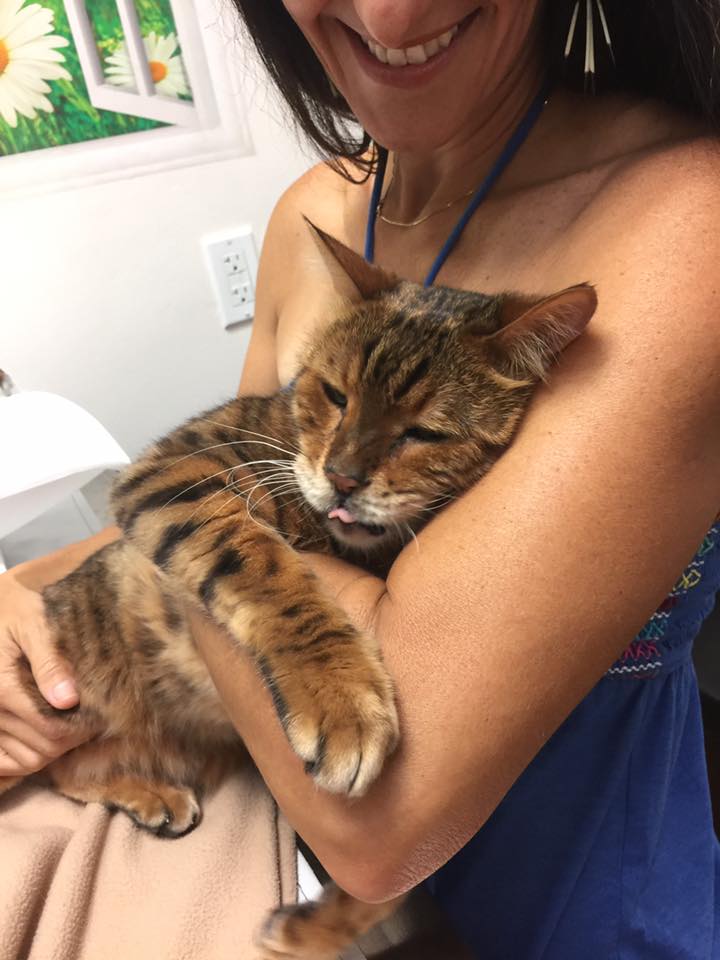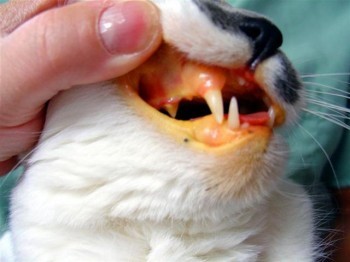|
ADULT CAT CARE
"The Forgotten Feline"
Welcome to the "Forgotten Feline" page at Little Critters Veterinary Hospital, where we shine a light on the unique needs of adult cats. Nestled in the heart of Gilbert, Arizona, our hospital is a haven for cats of all ages, with a special focus on those in their adult years. Adult cats, often perceived as independent and low-maintenance, can have diverse health issues influenced by their history, diet, and environment. Our dedicated page provides essential information and guidance on the health care of adult cats, addressing common misconceptions and emphasizing the importance of regular veterinary check-ups. Here, we delve into the various health challenges adult cats may face, from dental disease to urinary tract infections, and offer insights into their behavior and well-being. Join us in giving these wonderful companions the attention and care they deserve, ensuring they live their adult years in health and happiness.

|
|
ADULTS:
Adult cats comprise the largest category and can have the most diverse illnesses based on their history, diet and environment.
Adult cats are often the forgotten cats. Too often owners think of them as self sufficient (even though they would never do so with their dog) and because disease problems are not obvious in cats the little problems are often big ones by the time the are taken to the vet - Don't allow this to happen. Regular veterinary examination is very important for cats of all ages.
Typical signs of problems include: vomiting, trauma, skin abscesses, decreased appetite, straining to urinate, urine marking in the house, hiding or lethargy and many other potential signs can occur.
Adult cats are usually more resistant to viruses (due to previous vaccines) and parasites, but we’ll see problems such as dental disease, urinary tract infections, organ disease, inflammatory bowel disease, allergies, behavioral issues, foreign bodies, ear and eye infections and much more.
- dental disease - often severe and painful
- gastrointestinal disease - it is NOT normal for a cat to vomit
- urinary tract infections - often thought of as a behavior problem
- Organ disease and failuare
- allergies - yes cats get allergies
- behavioral issues - often associated with pain
- skin disease, trauma, abscess
- appetite issues - decrease or increase
- obesity
It is impossible to list all potential problems, so the safest course of action is to have your cat examined yearly by your veterinarian and certainly examined at the first sign of illness.
- Just remember that adults are often the forgotten group as we often just expect them to remain healthy, which is untrue.
- However, just as adult people can become ill, so can adult cats.
The best recommendation I can give is to have a regular annual vet exam for all adults and so pay close attention to your pet’s normal behavior and activity.
Frequently, the only sign of illness in a cat is a subtle change in behavior and perhaps less social interaction with more sleeping or hiding.
- This seems to be especially true for periodontal and urinary diseases.
- Photos shows yellow gums - Hepatic Lipidosis in an adult cat - indicating liver failure
 |